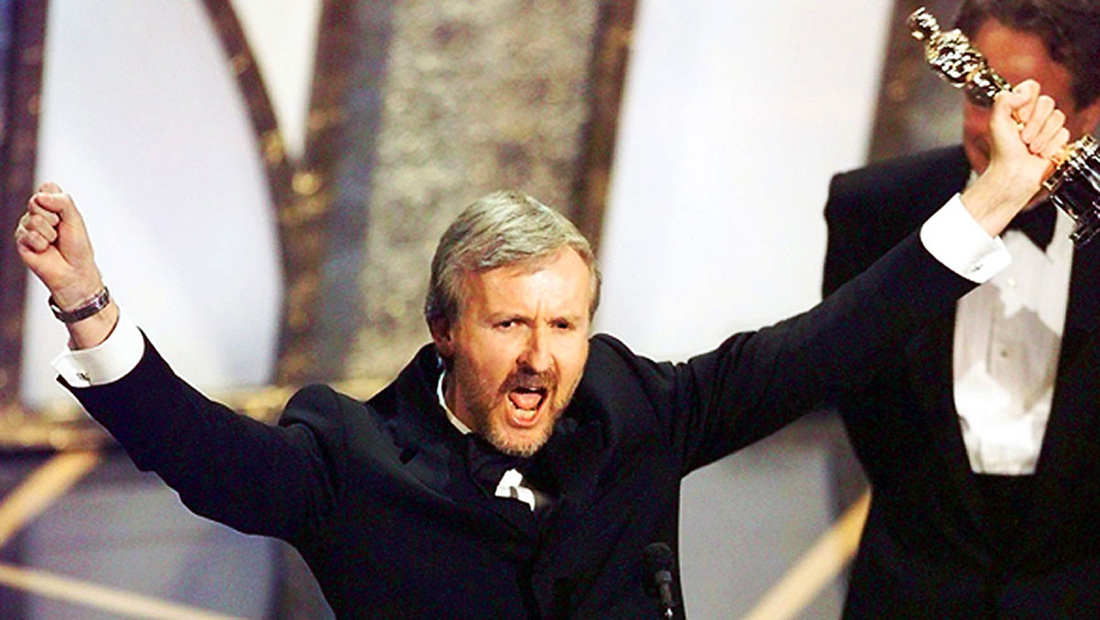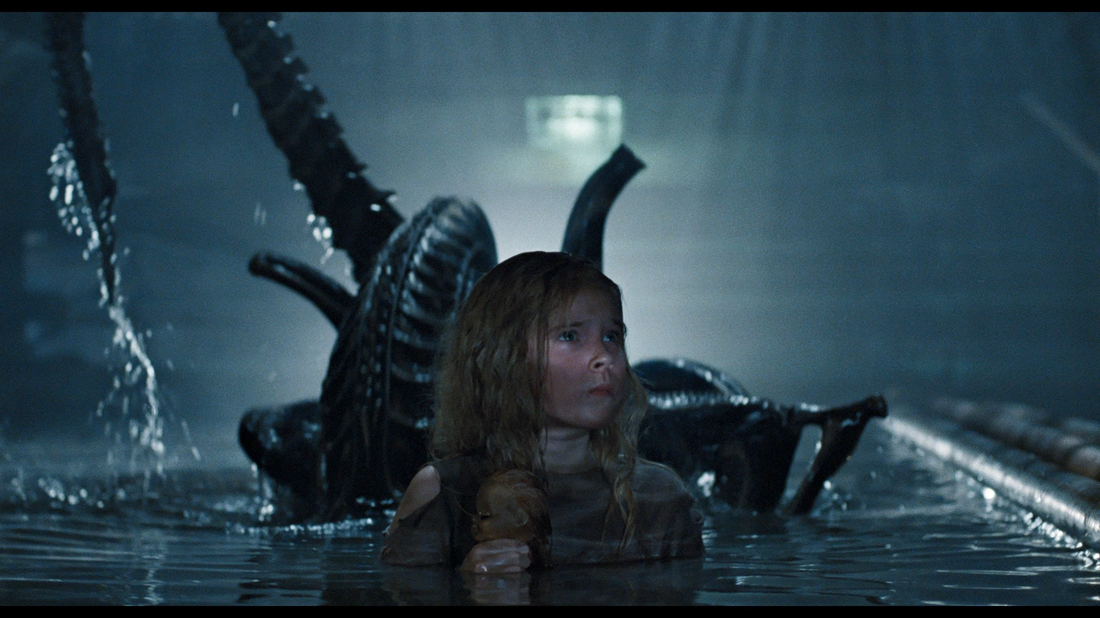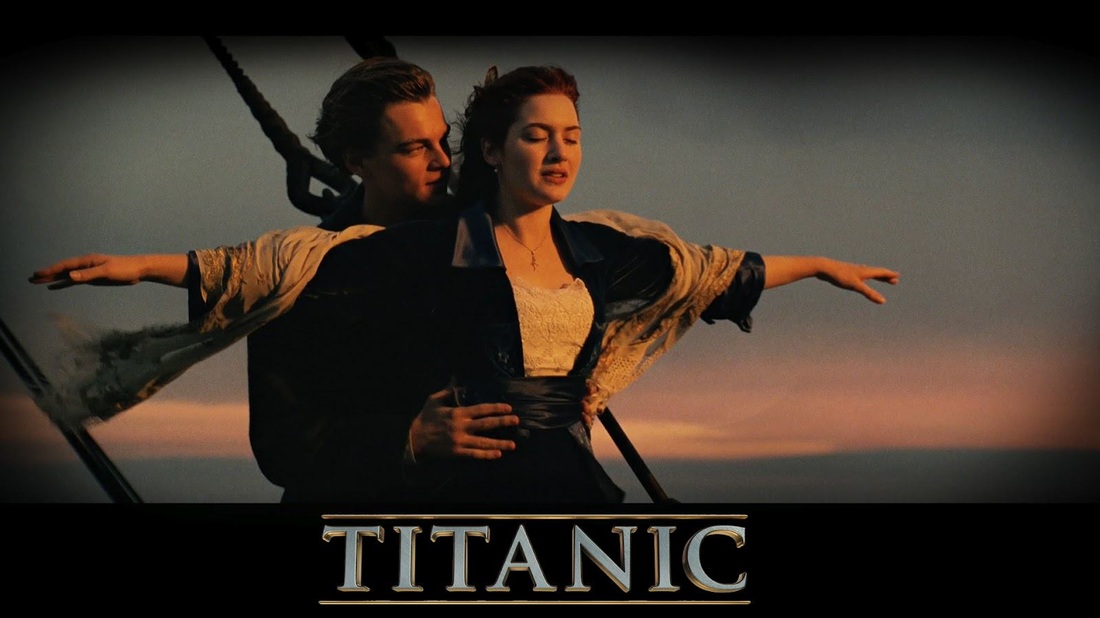First Films
In 1978, Cameron co-directed and co-wrote his first film, a science-fiction short titled, Xenogenesis. The short eventually helped Cameron get a job with New World Pictures, a production company run by the famed B-movie director Roger Corman. Within New World Pictures, Cameron became the art director for the 1980 film Battle Beyond the Stars and the director for his first feature film, Piranha Part II: The Spawning (Biography).
Break-through Films
In 1984, Cameron received his first major break-through in The Terminator. The science-fiction film, starring Arnold Schwarzenegger, was made possible by the professional relationship Cameron had with Hollywood mega-producer Gale Hurd, as both co-wrote the screenplay for the film. The Terminator received both critical and audience acclaim, and was a hit at the box office. Ultimately, this was just the beginning of Cameron’s highly successful films (New York Times).
Cameron’s next major film was the sequel to Ridley Scott’s 1979 box-office hit horror film, Alien. Cameron’s sequel, Aliens, was an action-adventure film instead of a horror film like the first installment. Nonetheless, Aliens was a critical and box-office success, and Cameron’s reputation as a director grew positively.
A few years later, Cameron would make the film that would arguably define his career-Titanic. Released in 1997, the extremely high budget film ($200 million) received a record-tying 14 Academy Award nominations, winning 11 of them. Ultimately, Titanic shattered box-office records by becoming the first film ever to gross over $1 billion at the box-office and became the highest grossing film of all time, garnering $658 million in the US alone. Cameron himself won 3 Oscars for the film (Best Picture, Best Director, and Best Film Editing). He was undoubtedly at the pinnacle of his incredible career (IMDB).
Cameron typically has strong female characters in his films (Ex: Ellen Ripley in Aliens). Also, he likes to cast Michael Biehn, Jenette Goldstein, Lance Henriksen, Bill Paxton, and Arnold Schwarzenegger. For the music in his films, he typically hires composers Brad Fiedel or James Horner. Common themes in his films include the arrogance of humanity and the over-reliance of technology (Aliens, Titanic). In technical areas, Cameron likes to shoot close-ups during fight scenes, achieving an almost claustrophobic effect for the audience. The cinematography for his films typically features deep blues (Aliens, The Abyss, Titanic). Finally, Cameron usually utilizes slow motion for intense scenes in his films, or in some cases he uses slow motion to intensify a scene.
Written by Anthony Watkins
WORKS CITED
IMDB. 2014. 15 March 2014. <http://www.imdb.com>.
Southern, Nathan. “James Cameron”. The New York Times. 2014. 15 March 2014.
<http://www.nytimes.com/movies/person/10397/James-Cameron/biography>.
“James Cameron Biography”. Biography.com. 2013. 15 March 2014.
<http://www.biography.com/people/james-cameron-546570>.





 RSS Feed
RSS Feed
